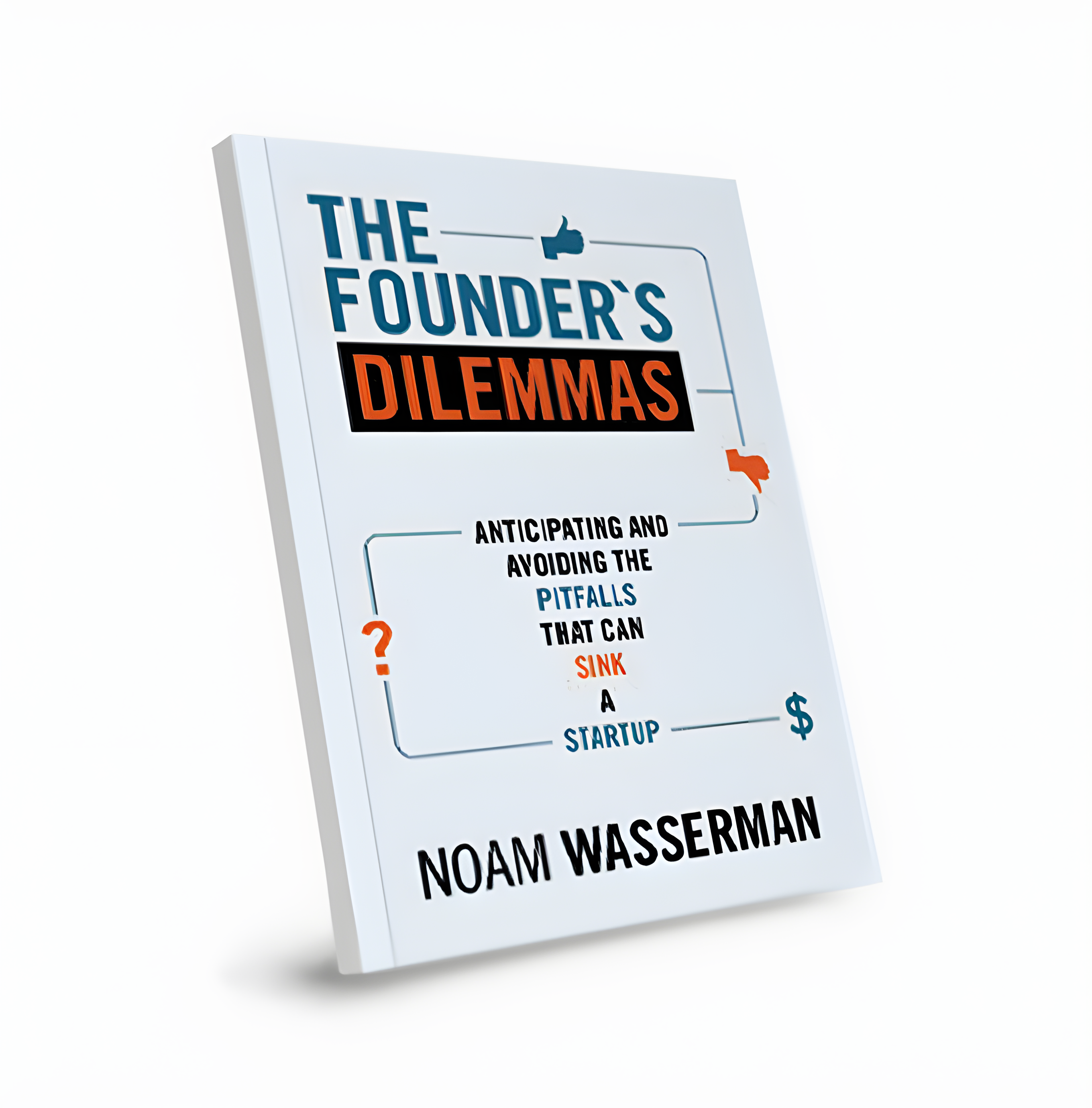Back
Vishu Bheda
•
Medial • 1y
Flipkart sold for $16 billion, but the founders got almost nothing. After looking at 100+ startup deals, I found some toxic terms that hurt founders: 1. Liquidation Preferences: Investors get their money back first. If the sale price is low, founders might get nothing. 2. Anti-Dilution Clauses: Protect investors in future funding rounds but can shrink the founders' ownership. 3. Drag-Along Rights: Investors can force founders to sell the company, often in a way that benefits investors, not founders. 4. Vesting Schedules: Founders might lose their shares if they leave the company early, even if they built it. 5. Control Rights: Investors often want control over company decisions, limiting the founders' power. 6. High-Interest Convertible Notes: These loans can turn into shares at a bad rate for founders, reducing their ownership. Indian founders need to understand these terms and ensure fair returns from their startup’s success. Follow me Mr Z for more valuable content!

Replies (10)
More like this
Recommendations from Medial
Ashish Singh
Finding my self 😶�... • 1y
🤷who owns zepto? -- Zepto's founders, Aadit Palicha and Kaivalya Vohra, collectively own approximately 18% of the company. Additionally, they have been granted an extra 1% stock for meeting performance goals, bringing their total ownership to arou
See More
planify
pre-IPO shares, ESOP... • 15d
Unlisted shares of SBI Mutual Fund represent ownership in the AMC before it becomes publicly traded. These shares are exchanged privately, often among long-term investors and institutions. visit here:- https://www.planify.in/research-report/sbi-mutua
See MoreCA Yugesh
Chartered Accountant... • 1y
🌟 The VIP Pass of the Investment World: Unraveling PREFERENCE SHARES In the bustling world of investments, these shares are like the golden tickets that come with some extraordinary perks. In simple words, Companies need investments but may not wa
See More
Rajan Paswan
Building for idea gu... • 1y
As a founder, your startup is your baby. But what about when that Golden Exit opportunity appears? Drag-Along Rights in your Shareholder Agreement(SHA) are crucial for ensuring a smooth acquisition process. What are Drag-Along Rights? They empower
See MoreDownload the medial app to read full posts, comements and news.
















/entrackr/media/post_attachments/wp-content/uploads/2021/08/Accel-1.jpg)


















